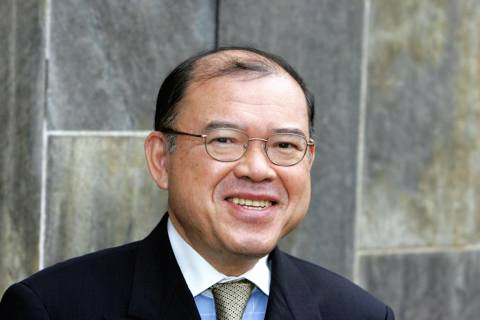The International Symposium on Cultural Diplomacy in Geneva 2012
"Cultural Diplomacy & Sustainable Development"

Statement on Cultural Diplomacy and Development by:
Dr. Supachai Panitchpakdi
Secretary-General of UNCTAD

In the context of today's globalized world, development is a complex and interdependent process that spans the economic, political and social spheres. It depends not only on policy actions, but also on policy choices and an understanding of how those choices impact on people, within countries and in the wider world. As such development thinking carries normative intention, cultural diplomacy, through its exchange of ideas, values, traditions, beliefs, and other aspects of culture, can help to foster and inform such intention.
My organization, the United Nations Conference on Trade and Development, was born out of the desire of developing countries to forge a clear understanding of the challenges and constraints on development in an increasingly interdependent world. Much of our work focuses on building consensus on how best to further economic development, by bringing together governments, experts from the public and private sectors, academia and nongovernmental organizations. This work is anchored in the aims set out when the UN was established to promote peace, human rights and social and economic progress.
The development community is a broader church today than when the UN was established. Events to promote international dialogue, such as those organized by ICD, allow politicians, economists and civil society actors, among others, to share experiences and gain knowledge. Educational exchanges between countries, sometimes facilitated by regional organizations, not only transfer knowledge but also help to break down barriers that can hamper trade and development.
There is no "one size fits all" development model. Countries, including the most recent examples from East Asia, that have successfully climbed the development ladder, have followed differing paths reflecting local histories and adapted to specific circumstances. Sharing these experiences can offer renewed hope and help broaden the policy choices for countries, particularly the least developed, that continue to seek new ways to lift their most vulnerable communities out of extreme poverty and build a more secure and prosperous future for all their citizens.
Dr. Supachai Panitchpakdi




























































